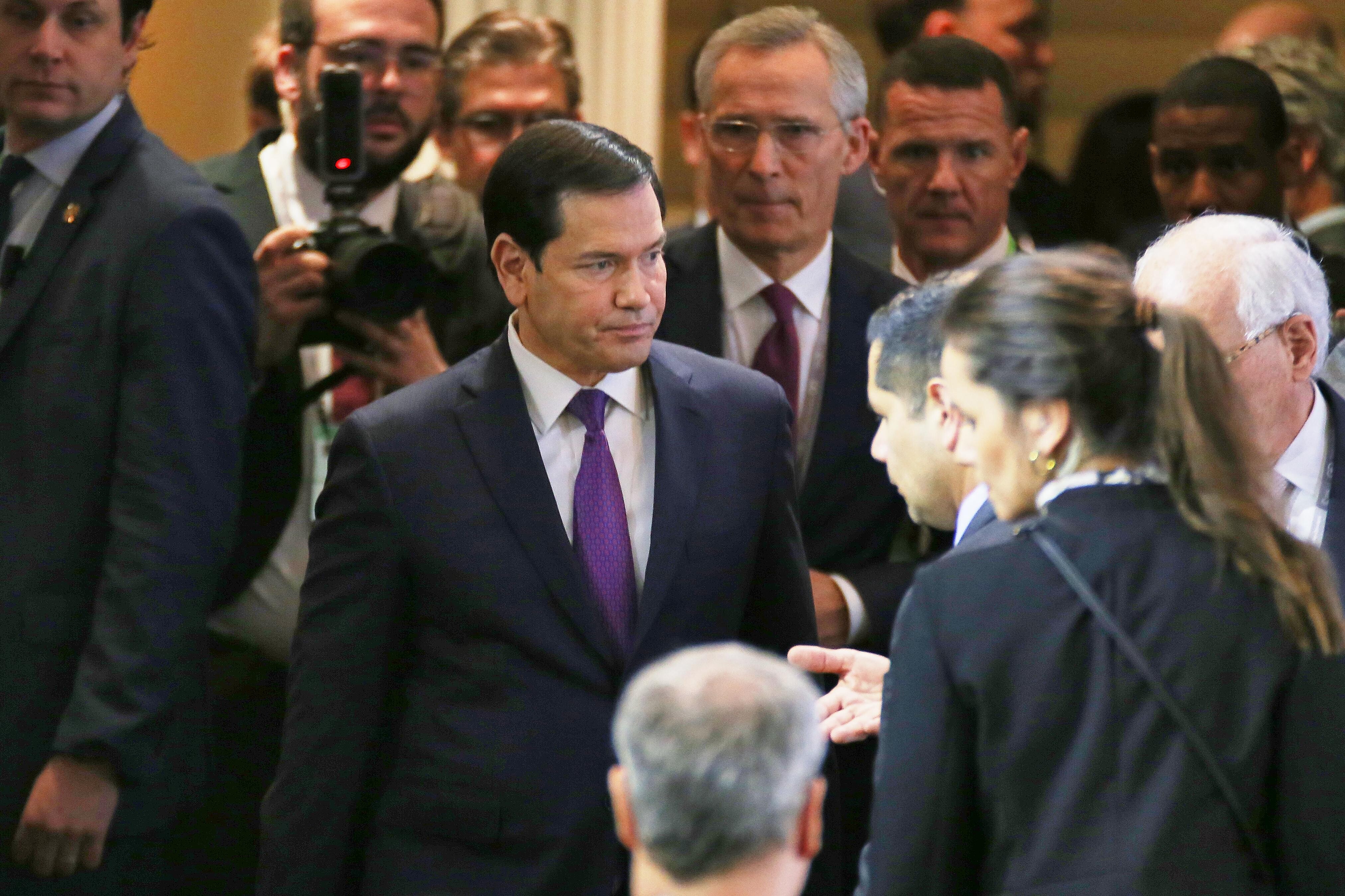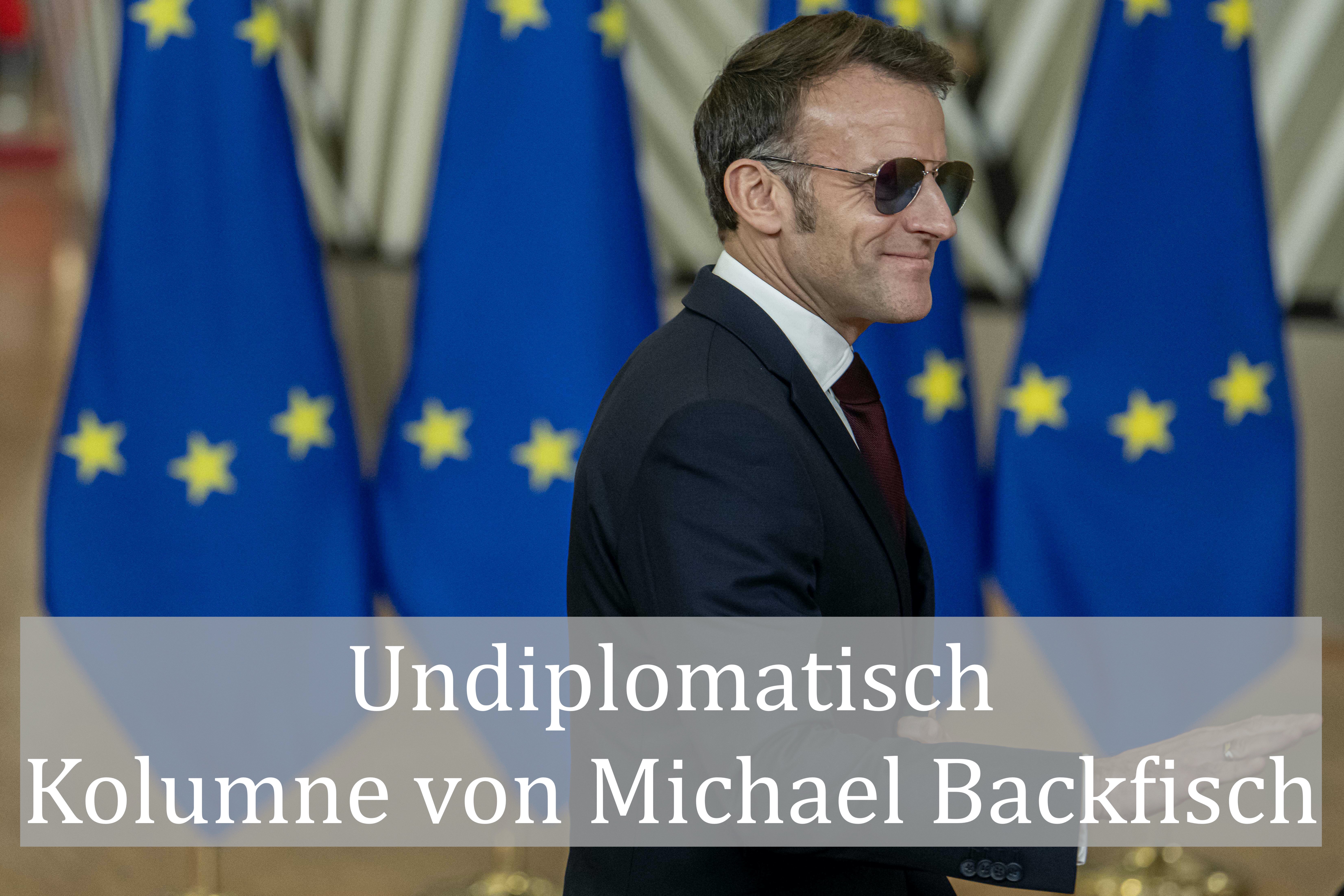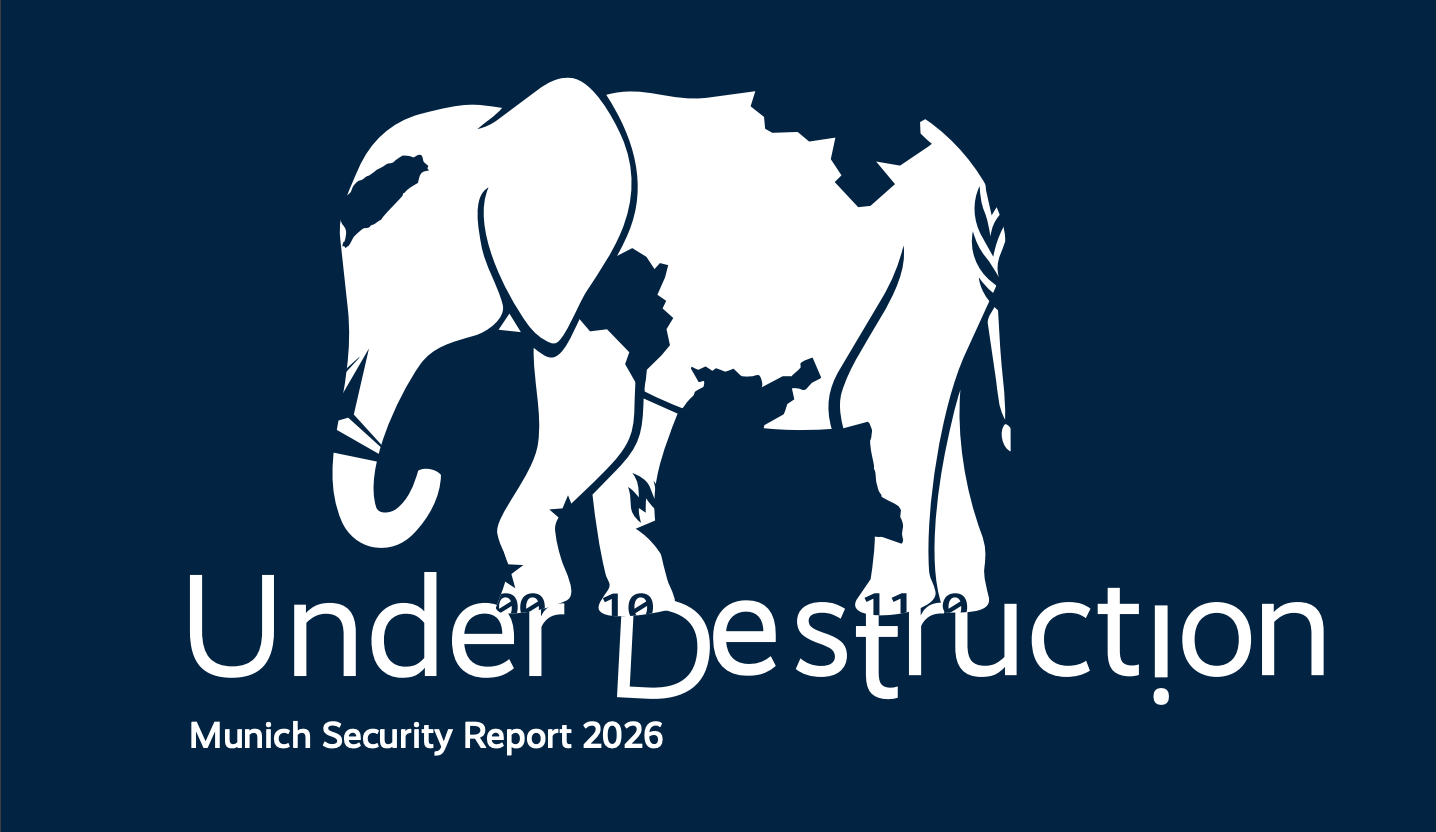diplo.news
Ways and means, cynicism and reason of state
By Ewald König

The Israeli decision to block the import of aid to the Gaza Strip is unacceptable; Israeli plans to remain in Gaza after the war are unacceptable. “We once again express our outrage at the recent attacks by Israeli forces on humanitarian personnel, infrastructure, premises and health facilities.”
This statement is interesting both in retrospect and in foresight.
Anyone who has followed previous statements made by the spokespersons at government press conferences is amazed at this clear statement. Because all too often, critical journalists' questions were not answered at the federal press conference or were answered evasively, in any case unsatisfactorily. The traffic light government seemed to have no problem with the actions of the Israeli government for a long time. Israel has the right to defend itself and the reason of state prevails above all else. That's the retrospect.
The preview of the upcoming government under presumed Federal Chancellor Friedrich Merz once again raises many questions. In his assessment of the Gaza conflict and the relationship with the Netanyahu government, Merz succeeded in causing damage even before taking the office.
It is about his invitation from Israeli Prime Minister Netanyahu to Germany. The mere announcement that he would bring him to Germany and find “ways and means” that the guest in Germany would not have to fear execution of the arrest warrant issued by the International Criminal Court (ICC) in The Hague for war crimes and crimes against humanity in the Gaza War alone is is explosive in itself.
This brings Merz into conflict not only with international law, but also with the separation of powers in Germany itself, a country that is proud of the independence of its judiciary. How does a head of government want to prevent an arrest without interfering with the judiciary and executive branches? There are simply no legal “ways and means” to prevent arrest and transfer.
Merz would downright pillory the ICC, undermine authority and, as a result, make it superfluous — the body that Germany co-founded and finances with a third because compliance with the law is important to it. As a state party to the ICC, Germany is even obliged to comply with a request for arrest.
It also provokes unnecessary questions based on double standards compared to other parties to the conflict in the past and present. He exposes Germany's foreign policy to charges of hypocrisy. The previous EU foreign representative, Josep Borrell, recently emphasized how much this two-standard trade fair damages the EU's reputation worldwide — “not only in the Muslim world, but everywhere in Africa, Latin America and Asia.” Merz, who is said to be more interested in foreign policy than Olaf Scholz, will have a lot to explain.
And he puts himself and Germany - reason of state or no reason of state - on a par with Hungary's head of government Viktor Orban, who demonstratively invited Netanyahu immediately after the ICC ruling and received him with full honors.
Merz's invitation would also be met with incomprehension among sections of the Israeli population, who are demonstrating against their prime minister and his ultra-right coalition partners. Many of them suspect that Netanyahu's current actions are ultimately threatening Israel's own security and existence.
Reporting from the Gaza Strip is hardly possible anymore. The killing and mutilation of tens of thousands of people, of thousands of children, and the destruction of infrastructure are therefore barely present in this country, as is Israel's ever more aggressive settlement policy in the West Bank. Borrell comments: “The fact that there are hardly any unfiltered images from Gaza that have an impact on public debate is one of the reasons for looking the other way collectively: out of sight, out of mind.” There are hardly any documents showing the consequences of the total blockade, the famine, the ethnic cleansing campaign that turned Gaza into a mass grave.
It goes without saying that Israel's existence is a German reason of state, given Germany's past. It is also undisputed that the Hamas massacre of October 7, 2023 was unbearable and could not go unanswered. But criticism of current Israeli government policy must be allowed. The new federal government should say goodbye to phrases from the past. After all, the lessons from Germany's past should be that no carte blanche may be issued for clear violations of international law - regardless of who commits them. This criticism must not automatically be punished as anti-Semitism and the reason of state of silence and looking away must not be made an instrument of cynicism. Merz would be better advised if he found “ways and means” not to invite Netanyahu now and listen to European partners.




